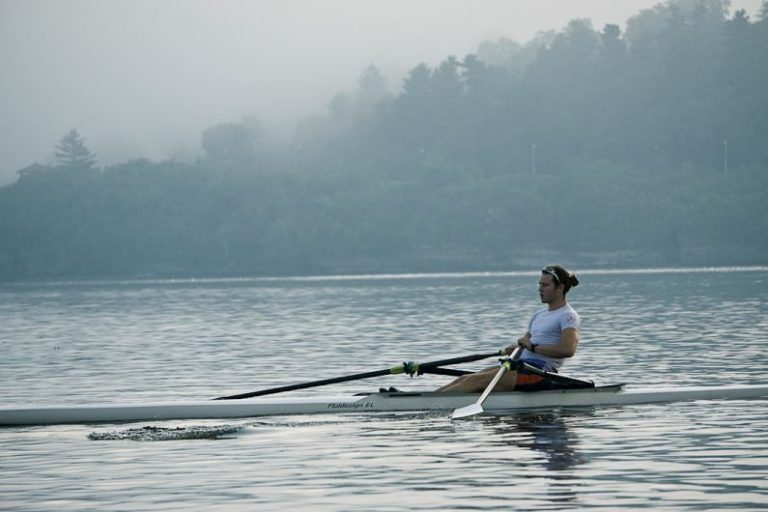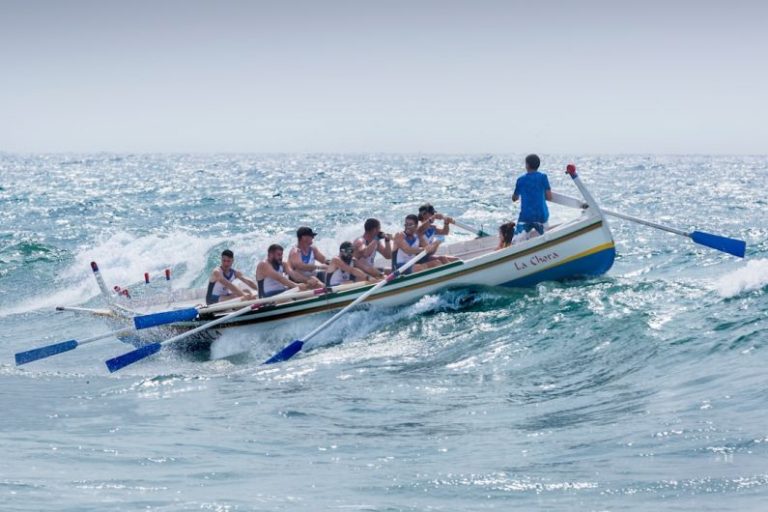
Rowers put their bodies through intense physical demands as they power through the water, striving for peak performance. To maintain their strength, endurance, and overall well-being, it is crucial for rowers to prioritize recovery just as much as their training sessions. Implementing effective recovery methods can help rowers prevent injuries, reduce muscle soreness, and improve their overall performance on the water. In this article, we will explore some of the best recovery methods for rowers to help them recover faster and perform at their best.
### Proper Nutrition
Nutrition plays a vital role in the recovery process for rowers. Consuming a well-balanced diet that includes an adequate amount of protein, carbohydrates, healthy fats, and essential vitamins and minerals is essential for muscle repair and replenishing glycogen stores. Protein helps in muscle recovery and growth, while carbohydrates provide the energy needed for training and recovery. Including foods rich in antioxidants can also help reduce inflammation and promote recovery.
### Hydration
Staying properly hydrated is key for rowers to recover effectively. Dehydration can lead to muscle cramps, fatigue, and decreased performance. Rowers should aim to drink enough water throughout the day and especially before, during, and after their training sessions. Electrolyte-rich beverages can also be beneficial for replacing lost fluids and minerals during intense rowing sessions.
### Active Recovery
Incorporating active recovery sessions into their routine can help rowers recover faster and reduce muscle soreness. Light activities such as cycling, swimming, or yoga can promote blood flow to the muscles, aiding in the removal of metabolic waste products and reducing stiffness. Active recovery sessions should be low-intensity and focus on gentle movement to promote recovery without adding stress to the body.
### Sleep
Quality sleep is crucial for optimal recovery and performance. During sleep, the body repairs and regenerates tissues, releases growth hormones, and restores energy levels. Rowers should aim for 7-9 hours of quality sleep each night to support their recovery process. Establishing a consistent sleep schedule and creating a sleep-friendly environment can help rowers improve their sleep quality and enhance their overall recovery.
### Foam Rolling and Stretching
Foam rolling and stretching are effective techniques for reducing muscle tightness and improving flexibility, both of which are important for rowers to prevent injuries and enhance performance. Foam rolling helps release muscle tension and trigger points, while stretching improves muscle elasticity and range of motion. Rowers should incorporate foam rolling and stretching exercises into their post-training routine to aid in muscle recovery and promote overall flexibility.
### Massage Therapy
Massage therapy can be a valuable recovery tool for rowers to reduce muscle tension, improve circulation, and promote relaxation. Regular massages can help prevent muscle imbalances, enhance recovery from intense training sessions, and reduce the risk of injuries. Deep tissue massages, sports massages, or myofascial release techniques can target specific areas of tension and support the overall recovery process for rowers.
### Cold Water Immersion
Cold water immersion, also known as ice baths or cryotherapy, can help reduce muscle soreness and inflammation after intense training sessions. By immersing their bodies in cold water for a short period, rowers can constrict blood vessels, decrease metabolic activity, and reduce swelling in the muscles. Cold water immersion can accelerate the recovery process and help rowers feel refreshed and ready for their next training session.
### Mindfulness and Relaxation Techniques
Incorporating mindfulness and relaxation techniques into their daily routine can help rowers manage stress, improve mental focus, and enhance their overall recovery. Practices such as deep breathing, meditation, or visualization can promote relaxation, reduce anxiety, and support the body’s recovery process. By taking time to unwind and quiet the mind, rowers can optimize their recovery and perform at their best on the water.
### Conclusion: Prioritizing Recovery for Optimal Performance
Recovery is an essential component of a rower’s training regimen and is crucial for maintaining peak performance and preventing injuries. By implementing a combination of proper nutrition, hydration, active recovery, quality sleep, foam rolling and stretching, massage therapy, cold water immersion, and mindfulness techniques, rowers can support their bodies’ recovery process and enhance their overall performance on the water. Prioritizing recovery alongside training can help rowers stay healthy, strong, and ready to tackle their next rowing challenge.





